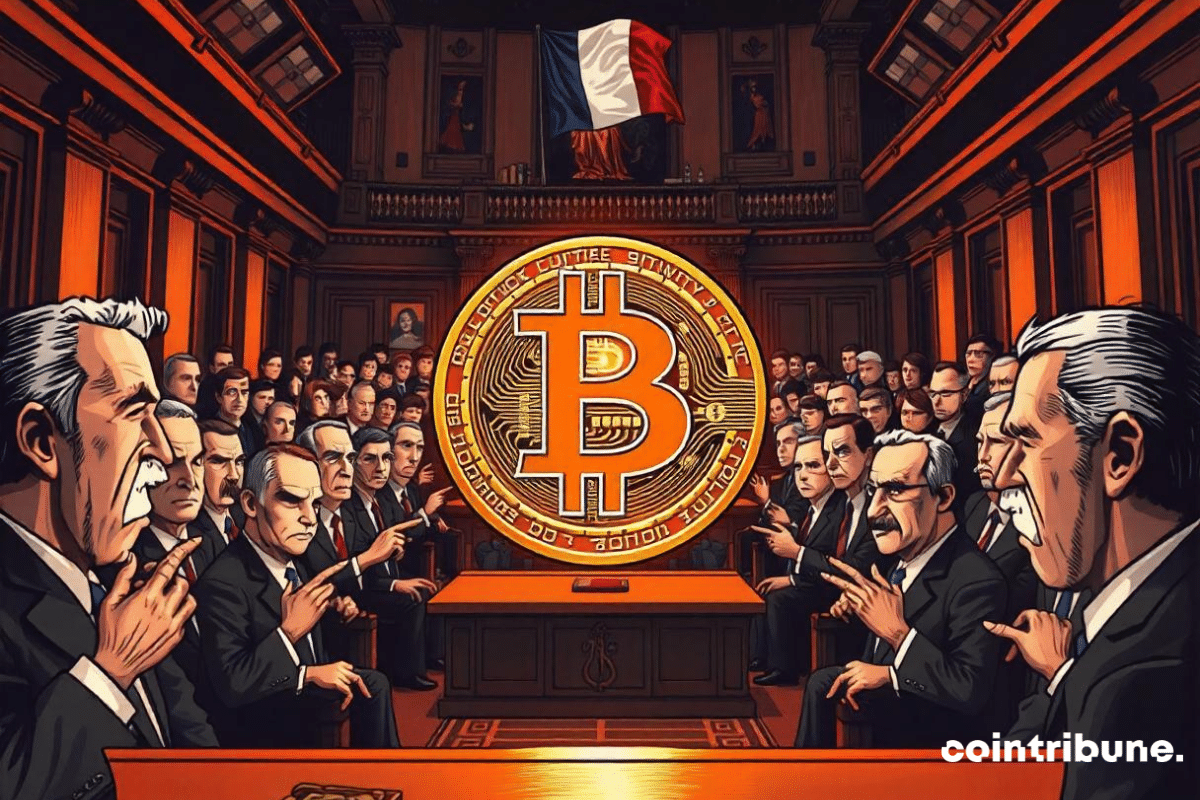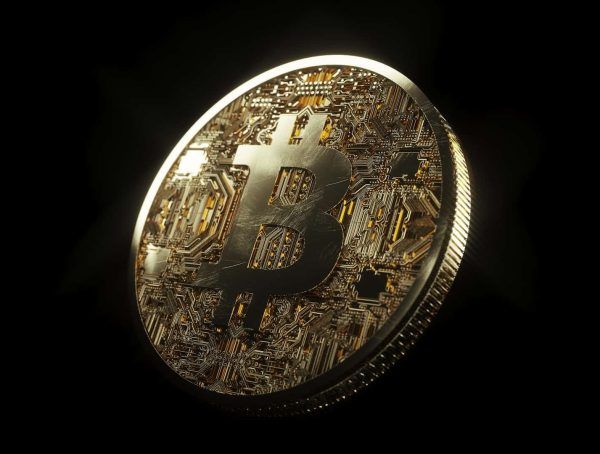Once is not a habit, the French government once again shows its blatant distrust towards Bitcoin
The French Government’s Stance on Bitcoin
It seems like the French government just can’t make up its mind when it comes to Bitcoin. Once again, news has surfaced that France is cracking down on the popular cryptocurrency, showing its blatant distrust and skepticism towards this digital asset.
Back in 2017, the French government made headlines when it announced that it would not be recognizing Bitcoin as a legal currency. This decision was met with mixed reactions from the public, with some applauding the government’s cautious approach, while others criticized it for stifling innovation and technological progress.
The Latest Development
Now, in 2021, the French government has once again set its sights on Bitcoin. Reports have emerged that France is planning to introduce new regulations that would make it mandatory for crypto exchanges and custodial wallet providers to obtain a license to operate in the country. This move is seen as yet another attempt by the French government to control and monitor the use of Bitcoin within its borders.
While some argue that regulation is necessary to protect consumers and prevent illicit activities such as money laundering and terrorism financing, others believe that the French government is simply trying to suppress the freedom and decentralization that Bitcoin offers.
How will this affect me?
As a Bitcoin holder or investor in France, the new regulations proposed by the government could have a significant impact on your ability to buy, sell, and trade Bitcoin. If crypto exchanges and custodial wallet providers are required to obtain a license to operate, this could lead to increased fees, stricter KYC requirements, and overall reduced access to Bitcoin services.
How will this affect the world?
On a larger scale, France’s distrust towards Bitcoin and its push for more regulations could set a precedent for other countries to follow suit. If more governments crack down on Bitcoin and other cryptocurrencies, it could hinder the growth and adoption of these digital assets on a global scale. Innovation and technological advancements in the crypto space could be stifled, ultimately affecting the way we transact and store value in the future.
Conclusion
It remains to be seen how the situation will unfold in France and how other countries will react to the French government’s stance on Bitcoin. One thing is clear – the battle between governments and cryptocurrencies is far from over, and the future of Bitcoin’s adoption hangs in the balance. Will governments continue to clamp down on decentralized currencies, or will they embrace the opportunities that Bitcoin and blockchain technology offer?





